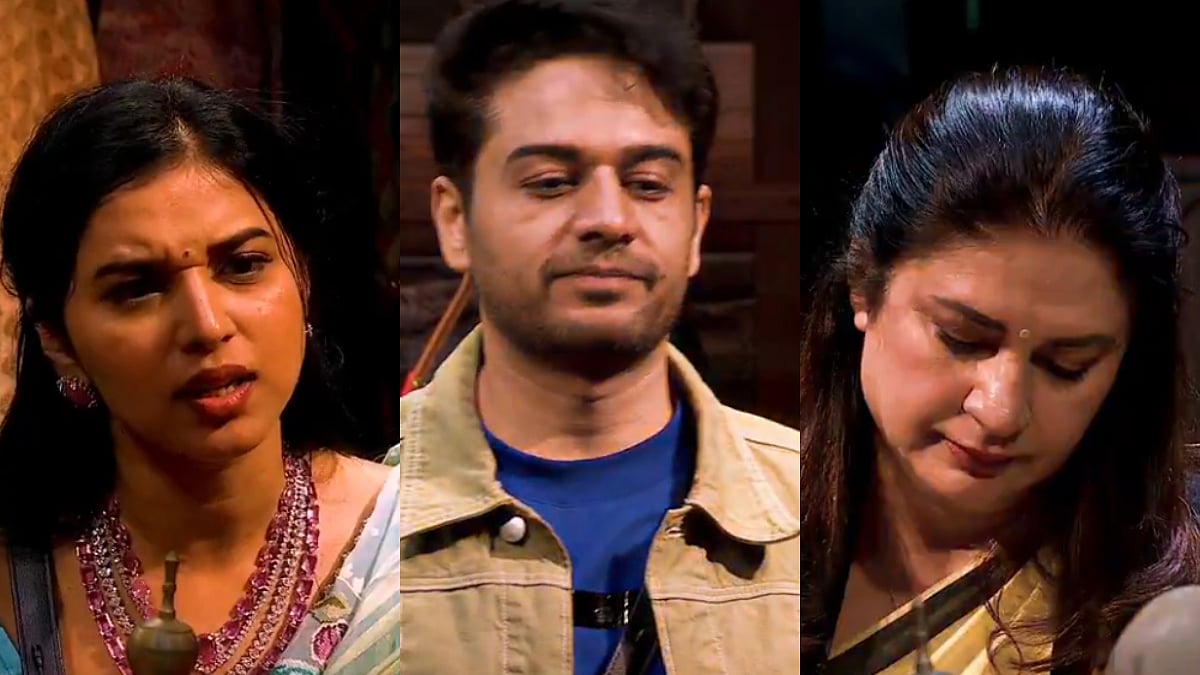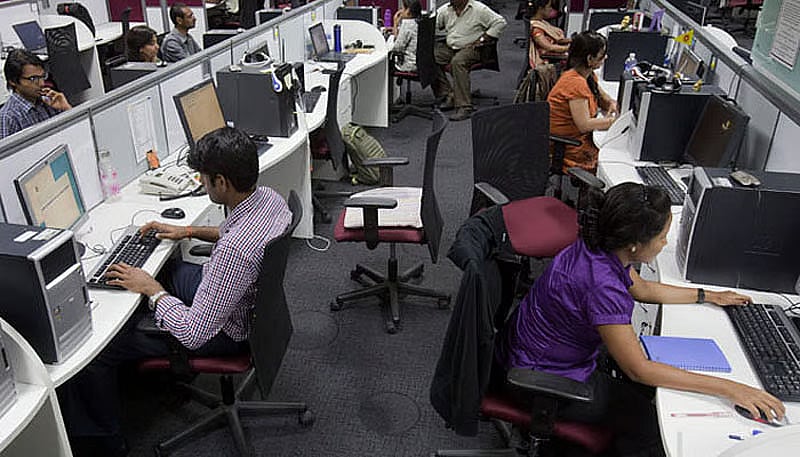Platitudes about motherhood abound – Child gives birth to Mother, or God could not be everywhere, so he created the mother. The deification of the mother is built into most cultures, but that also requires from the woman a complete obliteration of her personality.
Once she gives birth, she ceases to be human and is expected to be this self-sacrificing goddess, whose only purpose in life should be the care of her family; or she should be prepared for the judgmental, “What kind of mother does this___”? Fill in the blanks with real or imaginary infractions.
In the US (and most of the West), they don’t care so much about the woman, but child welfare has been turned into a terrifying tool of control. Any minor slip and Child Protection Services sweep in to take away the child from the parent—usually the mother—and push the hapless kid into foster care, which from all accounts can be brutal and soul destroying.
For a child separated from the family, it is like a lottery— the foster parents could be caring, or they could turn out to be greedy, abusive monsters. When the child turns 18, he/she is flung into society, often without adequate coping mechanisms.
But this life is deemed to be more suitable than being left with a mother who is less than perfect. This is why readers identify with Jessamine Chan’s novel, The School For Good Mothers, which is meant to be a dark, dystopian satire, but cuts uncomfortably close to the bone. Its protagonist, Frida Liu, an American born woman of Chinese origin, at age 39, has the dice stacked against her from the start.
She grew up in a family of immigrants, who want the American dream to come true for their children, by pushing them to study hard, and aim for stable careers and happy family life. Frida’s white husband, Gust, forces her to move to another city for the sake of his career, separating her from the support system of parents and friends. Soon after she gives birth to a daughter, Harriet, her husband leaves her for a younger woman, Sussanna.
She shares joint custody with Gust, which means she has to takeup a lower-paying job that allows her to work from home for the days the 18-months-old Harriet is with her. She tries to cope with the demands of a job and childcare, but after she has been kept awake for three nights by Harriet’s incessant crying (she has an ear infection), Frida desperately craves peace.
She steps out for a coffee, leaving Harriet in a bouncer at home, and to pick up some work-related papers, and before she knows it, two and a half hours have passed. Harriet’s howls alerted the neighbours, who called the cops, and Frida’s nightmare began.
She pleads that it was a one-time blunder, it will never happen again, but the powers that be decide that if she is to get custody of Harriet again, she must be under constant camera surveillance in her home, and have visits to Harriet supervised by a stern and clearly unsympathetic social worker, while authorities decide if she is a fit mother.
When she fails that test, because she doesn’t even know what the rules are and by what criteria she is being judged, she is ordered to undertake a year-long programme at a state-run facility that is between boarding school and prison, where she and the other inmates are assigned dolls "the latest advances in robotics and artificial intelligence” the same age as their real children.
The dolls are fitted with cameras and all kinds of scrutinising devices so that the mothers have to be on full alert at all times, because their “blinking patterns and expressions will be monitored to detect stress, fear, ingratitude, deception, boredom, ambivalence, and a host of other feelings,including whether her happiness mirrors her doll’s.” If Frida “does not demonstrate her capacity for genuine maternal feeling and attachment, hone her maternal instincts, show she can be trusted,” she will lose her parental rights. Worse, her name will turn up in a bad mother registry, which will make it difficult for her to get a job, find a home, and, maybe, never be able to get into a relationship again.
Because in this Orwellian world, a bad mother is worse than a serial killer. The inmates are showncharts that demonstrate “the link between bad parenting juvenile delinquency, bad parenting and school shooters, bad parenting and teen pregnancy, bad parenting and terrorism, not to mention high school and college graduation rates, not to mention expected earnings.
Fix the home and fix society.” The women who run the programme are vicious,and the inmates soon discover that no matter how much they slog, how well they learn to speak ‘motherese’ that trilling way of speaking to children, the bar of perfect motherhood keeps getting raisedhigher thantheir reach.
There is a similar programme for fathers too, but much more lenient in its rules, while the mothers are regularly threatened with withdrawal of the monthly phone contact with their children. Frida is helpless to do anything when she sees that Harriet’s memories of her are fading, and Susanna is raising the child with her new-agey (no carbs), bookish ideas on parenting.
The nine units of study that make up the syllabus get increasingly tough and almost impossible to achieve by the unrealistic yardsticks set to gauge success.
One of the mothers who slips up out of sheer desperation and hopelessness is told, “Loneliness is a form of narcissism. A mother who is in harmony with her child,who understands her place in her child’s life and her role in society is never lonely. Through caring for her child, all her needs are fulfilled.”
The book has been compared to Margaret Atwood’s 'The Handmaid's Tale'(it has been picked up for filming by Jessica Chastain’s production company) and there are some similarities to Squid Game in the way the level of challenges escalates.
However, even at its most absurd Chan’s book is a reflection of social pressures on mothers. If they are too attentive they are helicopter moms, if they are easygoing, they are spoiling their children; if they are too strict they are momzillas, if they are not, they are coddling their kids. If they have careers, they are neglecting their kids, if they stay at home they are wasting their education.
The scary part is that society expects motherhood to be the apogee of a woman’s life—in America and elsewhere, anti-abortion movements force women to have children they do not want or are unable to care for-- but the same zeal is not applied in creating a support system for mothers, particularly in urban nuclear families.
But everybody thinks they have the right to pick up a stone of disapproval and chuck it at an imperfect mother. It’s a few weeks to Mother’s Day, time for the pedestals to be taken out of storage, dusted, and shoved under women’s feet.











